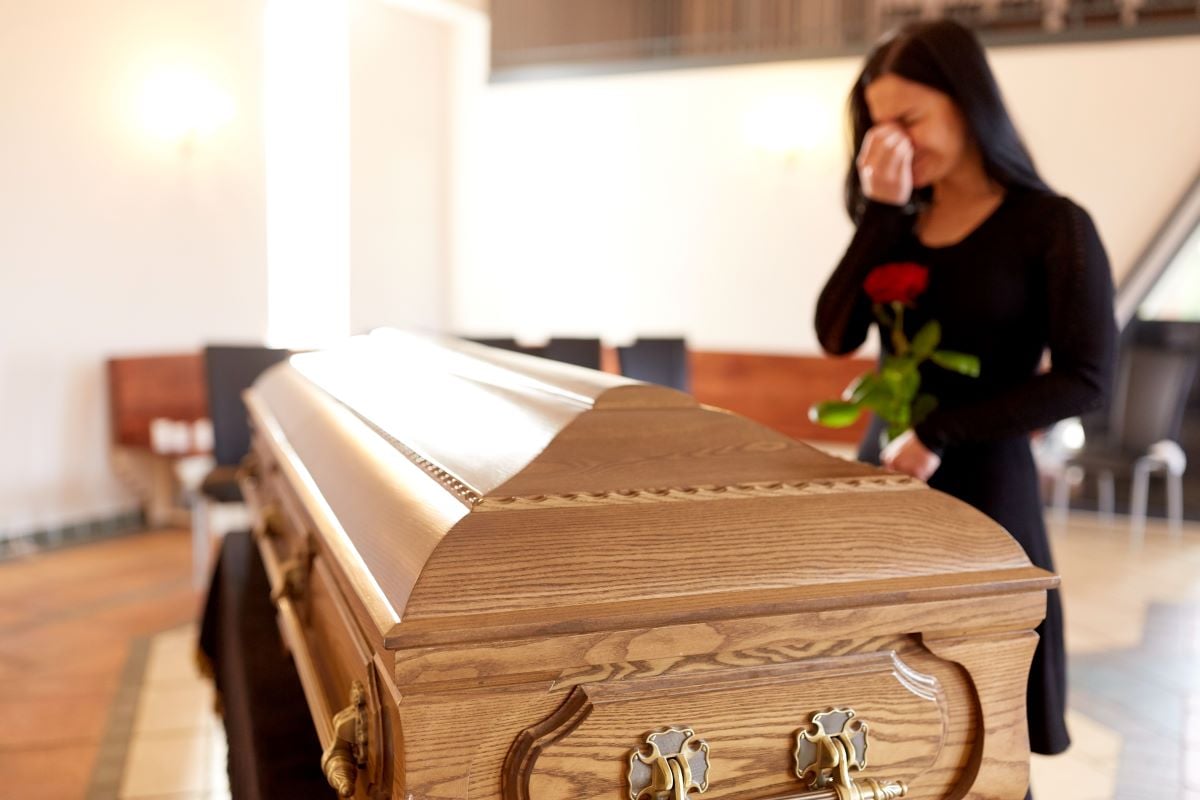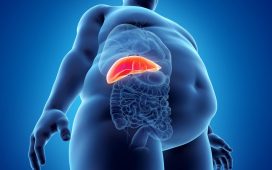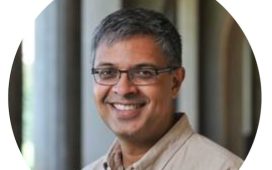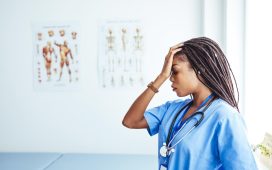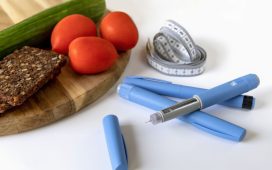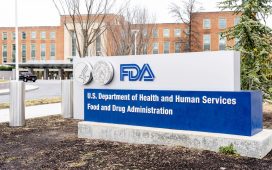Those who experienced two or more losses tended to have older biological ages for several of the epigenetic clocks
By Elana Gotkine HealthDay Reporter
TUESDAY, July 30, 2024 (HealthDay News) — Measures of familial loss experienced from childhood to adulthood are associated with biological aging, according to a study published online July 29 in JAMA Network Open.
Allison E. Aiello, Ph.D., from the Mailman School of Public Health at Columbia University in New York City, and colleagues examined the associations of losing a parent, sibling, child, or partner or spouse with accelerated biological aging using data from the National Longitudinal Study of Adolescent to Adult Health. Participants were enrolled for wave 1 while in grades 7 to 12 from 1994 to 1995 and were followed through wave 5 in 2018. Reports of loss were collected at each wave over 24 years. A banked wave 5 blood sample was used for DNA methylation testing and epigenetic clock calculation from 2018 to 2024.
Data were analyzed from 3,963 participants, with a weighted mean age of 38.36 years at wave 5. The researchers found that nearly 40 percent of participants had experienced loss by wave 5, with Black, Hispanic, and American Indian participants experiencing a greater proportion of losses compared with White participants (56.67, 41.38, and 56.08 percent, respectively, versus 34.09 percent). According to several epigenetic clock calculations, participants who experienced two or more losses tended to have older biological ages than those with no losses.
“These findings suggest that loss can accelerate biological aging even before midlife and frequency of losses may compound this, potentially leading to earlier chronic diseases and mortality,” the authors write.
Copyright © 2024 HealthDay. All rights reserved.


